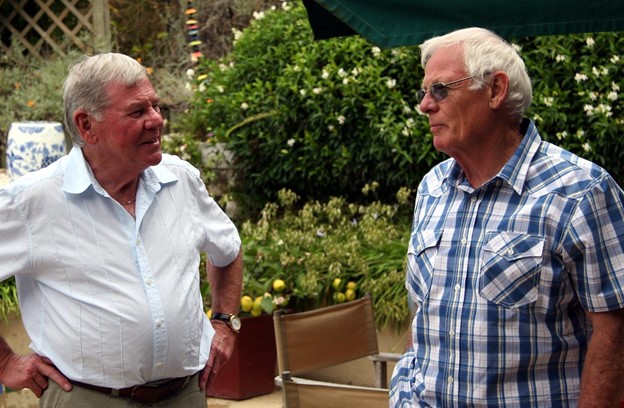When Compromise Feels Like a Loss
Why do some twin pairs find it so difficult to collaborate? Conventional wisdom suggests that their extraordinary bond would ensure exquisite attunement to one another. Yet, in my work with adult twins, I have encountered situations that demonstrate that this expectation of cohesion does not always materialize. Often, fierce tension emerges instead. This comes as a shock to both siblings, who previously believed that their partnership was inviolable.
The story of a pair of identical twin men, who are now in their early fifties, fits this description. Both enjoyed immense financial success in their early twenties in similar yet separate professions. A few years later, they embarked on a new business venture together. The ensuing painful conflicts created a rift between them that lasted for years.
The men were unaware that they were exceedingly enmeshed. They were the only children in their family and were very close growing up. When they decided to build a business together, they seemed unaware of how their personality differences might impact their professional relationships and business decisions. One gentleman was very outgoing, affable, and engaging. His twin was more organized, practical, and methodical. When the spontaneous brother planned a marketing campaign for the company, his twin called it tasteless and improper. He devalued and dismissed his brother’s visions and ideas. Both were angry and bickered constantly.
Due to their enmeshed relationship, neither was able to appreciate the other’s capabilities. Without insight into their differences, they could not compromise. Each one felt that he was right and would not entertain suggestions that deviated from his viewpoint. Obviously, they lacked the skills to manage conflict or even make room for another perspective. Neither would budge from his position. A compromise meant that one of them had to lose, and each wanted to win.
A more optimistic ending to a workplace dilemma involved identical twin sisters in their forties who shared a business for many years. They sought treatment because they felt so estranged from one another. They needed a third person to help them reconnect and work through the differences that contributed to their truncated conversations and awkward interactions. Since both were able to hear each other out without getting defensive or angry, they had a relatively easy time reconciling.
Twins are often blindsided into believing that an inherent attunement will prevent conflicts. In fact, several twin pairs experience this closeness without any issues. However, for those who do not, having the capacity to listen to each other will foster cooperation and teamwork.
Image courtesy of Tim Dawson (CC BY-SA 2.0)


